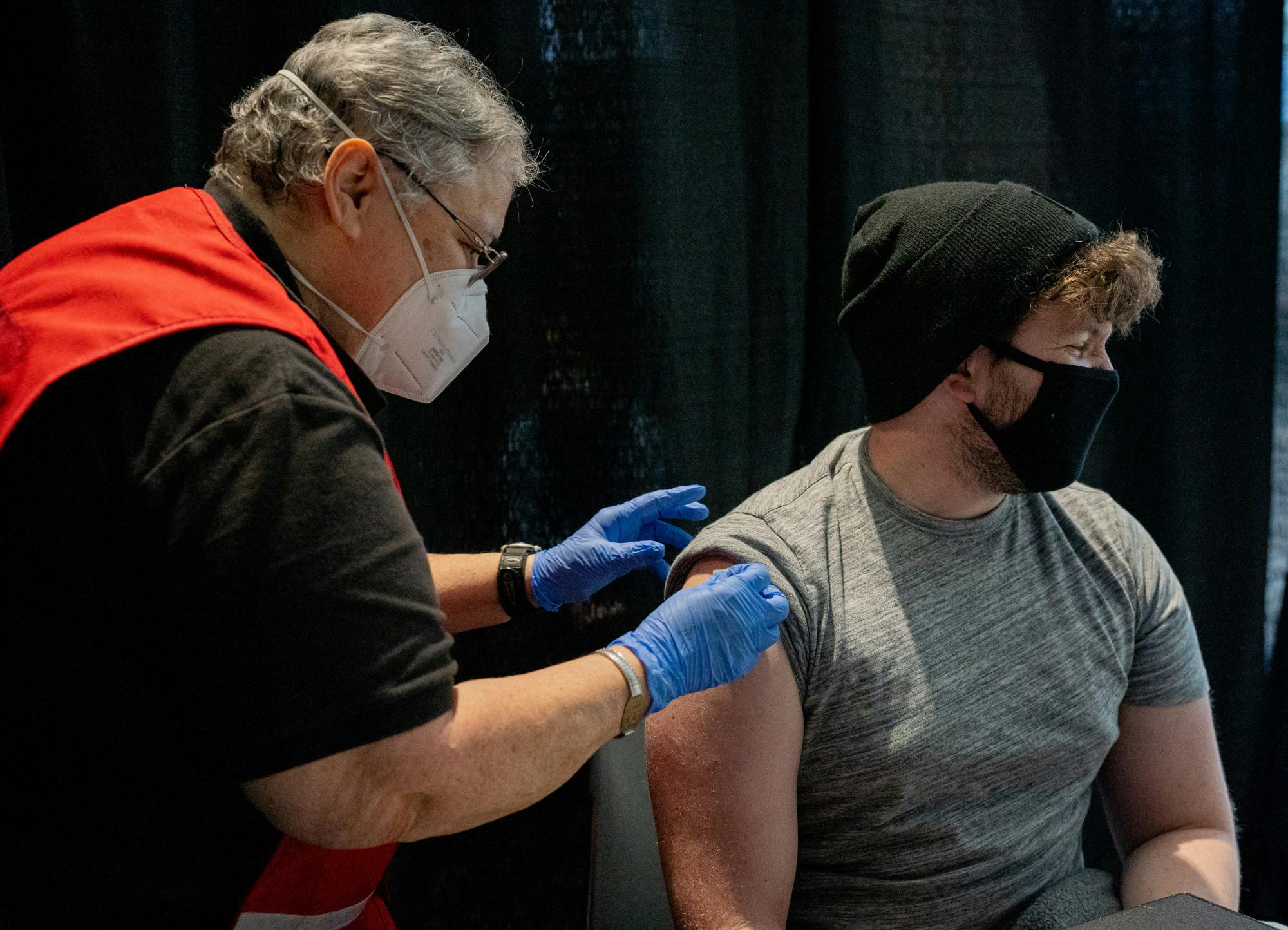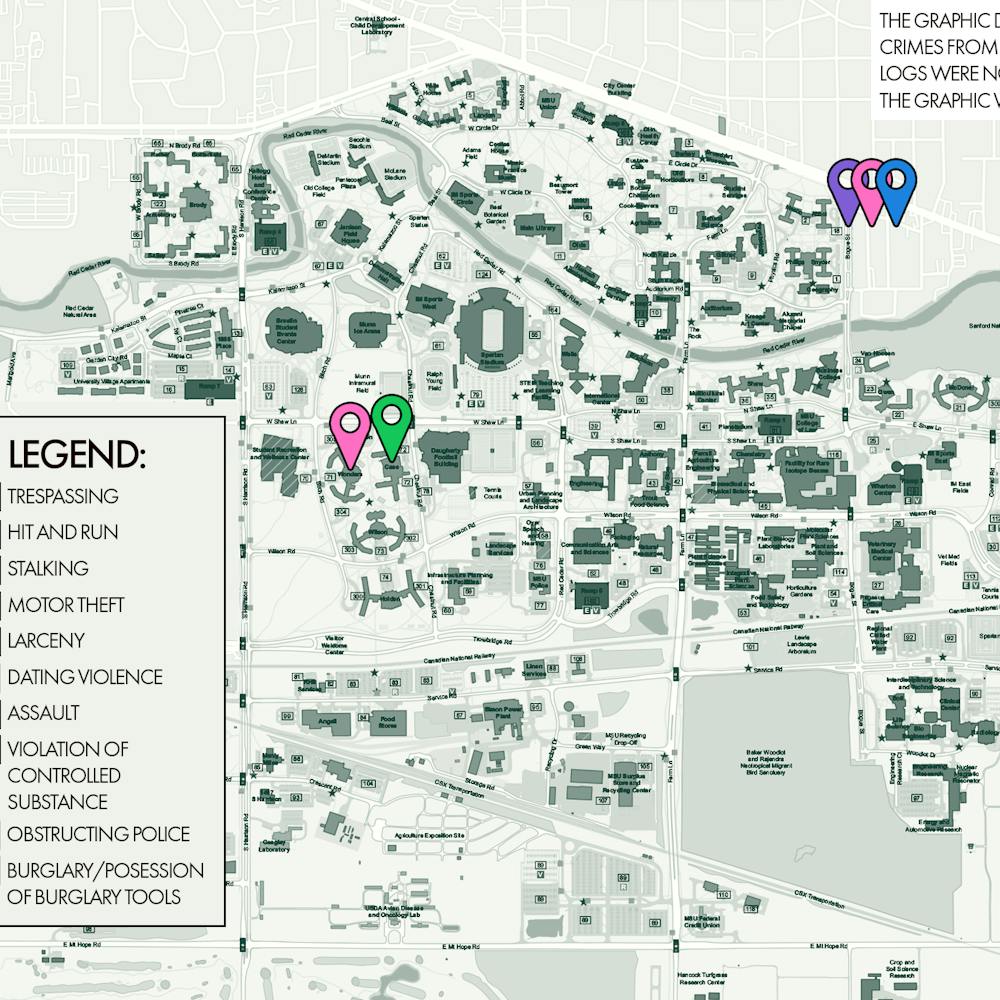Following the emergence of a new COVID-19 variant at the beginning of 2023, XBB 1.5, a new vaccine has been developed and made available to the public. The new vaccine will specifically target the new variant, separating it from former COVID-19 vaccines.
Michigan Department of Health and Human Services Chief Medical Executive Natasha Bagdasarian said that while the booster won’t prevent someone from getting COVID-19, it will reduce their symptoms.
She said getting vaccines annually is important to maintain immunity against diseases like COVID-19 and influenza.
“(Vaccines) are designed to prevent people from having to end up on a ventilator, in an ICU or even from dying from COVID,” Bagdasarian said. “They have the greatest efficacy for the first few months after you receive them and then your immunity starts to wane a little bit. So, in order to have the best antibody levels and the best protection over cold and flu season, it's important to get vaccinated at this time of year.”
Bagdasarian said annual vaccines are also important in combating emerging strains of diseases.
“These are the same reasons why we have annual flu vaccines,” Bagdasarian said. “To keep up with circulating strains and to make sure you've got that good antibody coverage.”
MSU Professor of Medicine Peter Gulick said the new variant is more infectious than previous strains of COVID-19, but it is less likely to cause death or require hospitalization. He said the new vaccine will only target new variants, unlike older vaccines which targeted all variants.
Although the university does not require annual vaccinations, Gulick said students should consider CDC recommendations when deciding whether or not to receive the newest booster. He said students should also take into consideration whether or not they come into contact with higher risk individuals.
“The CDC, they look at the benefits versus the risks,” Gulick said. “One of the statements they made was modeling projects, more hospitalization and deaths averted when updated doses are universally recommended, compared to no recommendation or recommended only for persons greater than 65 years of age.”
Business professor Anjana Susarla said there is a lot of misinformation regarding vaccines, which might make students hesitant to receive them. She said misconceptions range from possible side effects to beliefs that vaccines are not evidence-based.
“There was a belief that some kinds of vaccines caused autism and that was completely debunked, but somehow, people persisted in believing,” Susarla said.
Susarla said students should research reputable medical sources, like the CDC, for information about vaccines. She said students need to be aware that misinformation exists and search for credible information.
“When we see health information that's reported from someone that's not a credible health source, we should be a bit careful about how we interact or react with it,” Susarla said. “Establishing credibility of a healthcare source of healthcare information is important.”







